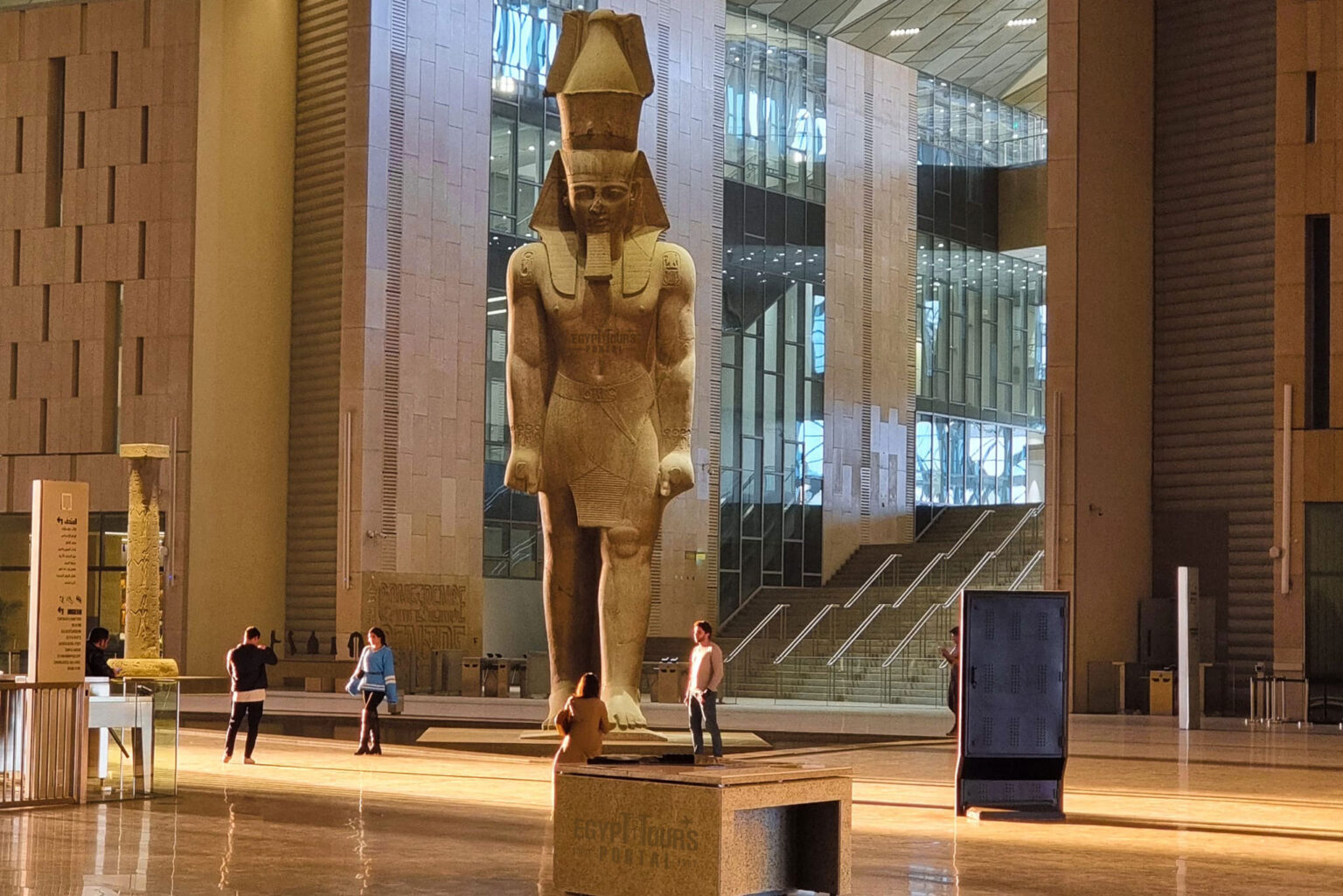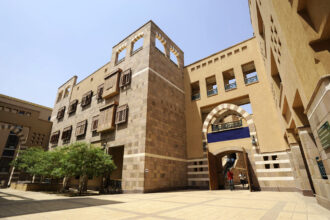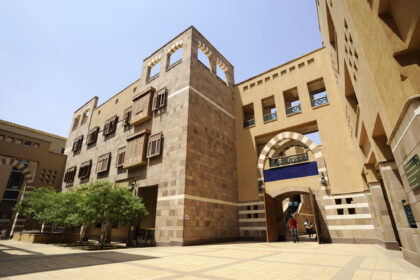At a Glance
- Egypt projects a 30%–40% surge in tourists after the Grand Egyptian Museum launch.
- Tourism revenues jump 22% in early 2025, reinforcing the sector’s economic importance.
- $1 billion museum expected to anchor Egypt as top global cultural hub.
Egypt is positioning itself for a record tourism boom as the Grand Egyptian Museum (GEM) finally opens on November 1, with officials forecasting a 30% to 40% increase in international arrivals.
The $1 billion project, decades in the making, is expected to anchor Egypt’s appeal as one of the top cultural tourism destinations in the world.
The government projects the museum launch will help Egypt attract 18 million tourists in 2025, up from 15.7 million last year, reinforcing its standing as a leading Middle East and Africa travel hub.
Tourism already contributes about 8.5% of Egypt’s GDP, making the sector critical to its broader economic growth strategy. According to the World Travel & Tourism Council, Egypt’s tourism industry is forecast to expand at an annual rate of 4.9%, outpacing global trends.

Government investment fuels record-breaking tourism
Tourism revenue momentum remains strong. From July to March of the 2024-2025 fiscal year, receipts rose nearly 15% to $12.5 billion compared with $10.9 billion a year earlier.
In the first half of 2025 alone, Egypt welcomed 8.7 million foreign visitors, while revenues surged 22% year-on-year to $8 billion, according to Tourism and Antiquities Minister Sherif Fathy.
The growth reflects a government-led push to expand airport capacity, modernize hotel infrastructure, and diversify offerings—from Red Sea beach resorts and desert safaris to luxury cultural tours and medical tourism. The sector employs more than 2.7 million people, making it one of Egypt’s largest job creators.

Luxury, heritage, and global travelers
Located near the iconic Giza Pyramids, the Grand Egyptian Museum is set to become a cultural landmark showcasing more than 100,000 artifacts, including the full Tutankhamun collection.
Tourism analysts say the museum’s scale and prestige will attract high-spending global travelers, extend average stays, and boost per-capita spending.
Egypt’s resilience has stood out despite geopolitical risks, including the Israel-Gaza conflict and the ongoing Russia-Ukraine war, both of which disrupted traditional tourist flows.
Cairo has responded with aggressive marketing campaigns targeting Gulf countries, Asia, and Latin America, while also tapping into demand for luxury tourism and medical travel in Africa.

Egypt’s tourism emerges stronger amid global headwinds
The sector’s ability to withstand external shocks underscores its importance to Egypt’s economic resilience. Tourism receipts—measured by overnight stays and average per-visitor spending—remain a key part of the country’s balance of payments.
Industry experts say the Grand Egyptian Museum opening is a watershed moment that could transform Egypt into one of the world’s premier cultural tourism destinations.
With investments in infrastructure, diversification, and global branding, Egypt is betting on sustainable growth that extends well into the next decade.
















